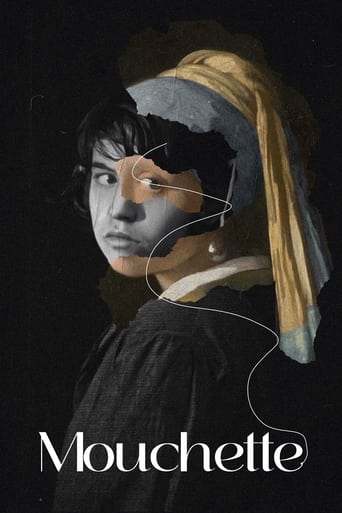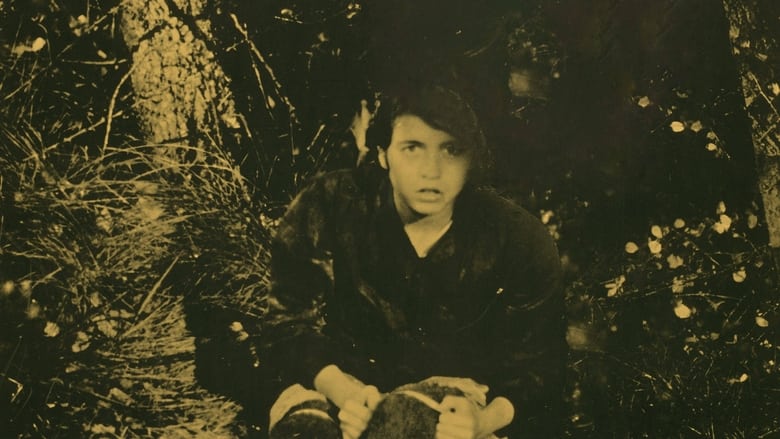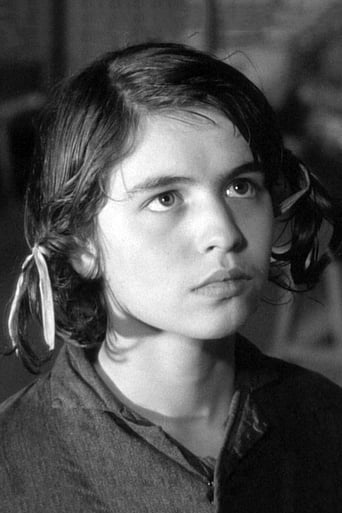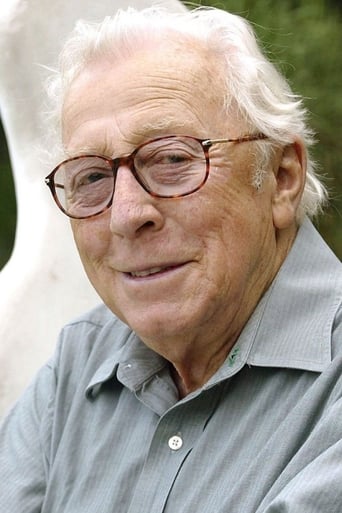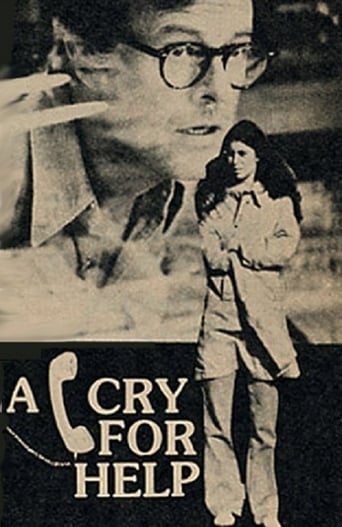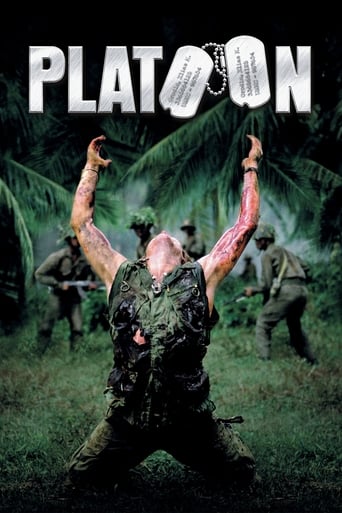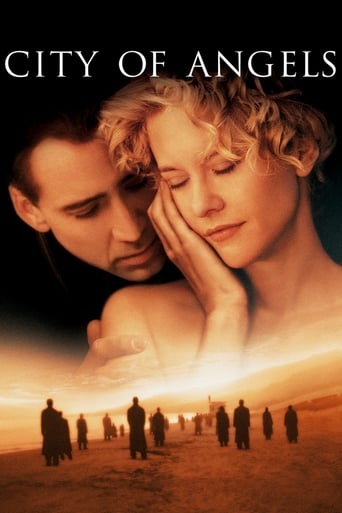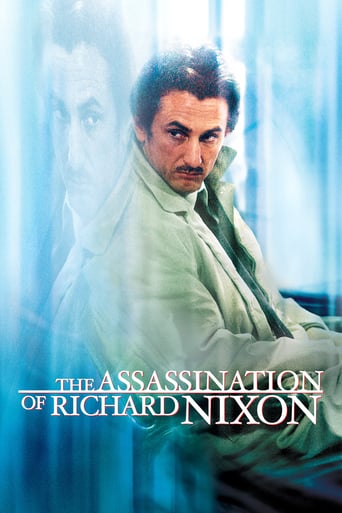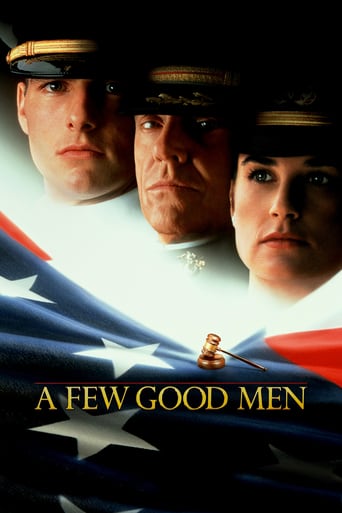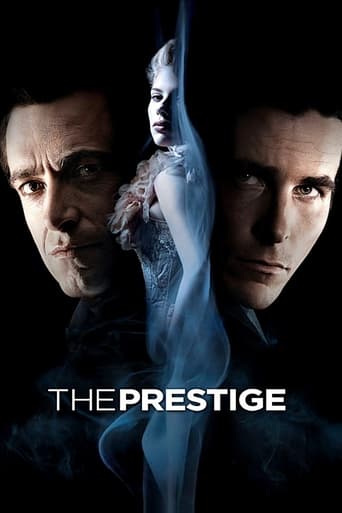Mouchette (1970)
A young girl living in the French countryside suffers constant indignities at the hand of alcoholism and her fellow man.
Watch Trailer
Free Trial Channels
Cast


Similar titles
Reviews
A Brilliant Conflict
It's funny, it's tense, it features two great performances from two actors and the director expertly creates a web of odd tension where you actually don't know what is happening for the majority of the run time.
Excellent characters with emotional depth. My wife, daughter and granddaughter all enjoyed it...and me, too! Very good movie! You won't be disappointed.
All of these films share one commonality, that being a kind of emotional center that humanizes a cast of monsters.
Mouchette is a young girl living in the country. Her mother is dying and her father does not take care of her. Mouchette remains silent in the face of the humiliations she undergoes. One night in a wood, she meets Arsene, the village poacher, who thinks he has just killed the local policeman. He tries to use Mouchette to build an alibi.Robert Bresson knows how to make anything look beautiful. I always feel that black and white captures a scene better than color ever will, especially if the director (or cinematographer) knows how to really use the light and shadow Bresson gets it, and has always gotten it. He also seems to know ho to use children without exploiting them or making them overly sympathetic characters. The character of Mouchette is in many ways the queen of her own world... even if it may not be the best world.
After I watched Bresson's "Au Hasard Balthazar" a few years ago, I was advised by a friend to watch "Mouchette" next. I told him I wasn't particularly struck by the character development and the portrayal of humans and emotions in the former, and learned that I had the exact same problems with the latter.The girl is amazing. Her justified rebellious behavior and her unique and authentic appearance really shine in this movie. Also, the photography in the film is very well done, as I would have dared to expect from Bresson. Technically, this movie certainly is very good.However, the way people interact in this movie often doesn't make sense to me. And I know movies aren't obligated to be realistic, but this movie certainly has a lot of ingredients on board to make you believe it's trying to be realistic. It's not an absurd or surrealistic film where you won't have to expect to be able to completely understand emotions and social situations. The consequence is - to me at least - that my compassion doesn't know how to handle the situation. First something sad happens, and I get moved, but then there's weird silences or poetic expressions (not necessarily verbal) which don't fit the realistic context and interrupt the immersion if you ask me.Another friend of mine with whom I discussed this topic mentioned a good point however: perhaps you should let go of the expectation to be moved emotionally. Doesn't the movie just try to display the story, possibly telling you to accept life for what it is without necessarily trying to move you? Well observed, it's possible. I still believe the movie could benefit strongly if it was more emotionally involving though.I have had this discussion with a lot of people about several movies, and it seems nobody either understands or agrees with me on this subject. Therefore, I'm even more aware of how subjective this point of view is. Obviously, this movie isn't a classic for no reason and I'm sure it has plenty of qualities that let people appreciate it so much. Not entirely my cup of tea though.
The reason the film does succeed, and rises to greatness, rests primarily on the shoulders of the lead actress, Nadine Nortier, who, despite little dialogue, conveys great depths within her character, despite being a non-professional actress at the time. On the other hand, Jean-Claude Guilbert (a professional actor who also appeared in Au Hasard Balthazar, as another drunkard, Arnold) is also very good. The rest of the cast is solid. Yet, critical missteps abound, especially when some claim Mouchette is filled with anger. Yes, there may be acts of seeming anger (tossing dirt at her female rivals), bur clearly the character of Mouchette is a walking mass of desensitization. This would explain why she reacts the way she does to sex with Arsene, rather than seeing it as her 'striking back' at the world. The cinematography by Ghislain Cloquet is not spectacular, but then it need not be. It does, however, have the simple look and feel of a film shot decades earlier, and one need only compare this film with a film like Jean-Pierre Melville's Le Samourai, a color film made the same year, to get a sense of just how unique Bresson's vision was. The same is true for the scoring of the film, with little music that is not diegetic. Since the film rises and falls on its tale and performance, the technical aspects merely have to be solid, and they are.The DVD, put out by The Criterion Collection, is a very good package. The transfer of the film is first rate, as the 81 minute black and white film (Bresson's last film sans color) is shown in a 1.66:1 aspect ratio. The special features are also quite good. They include an insert essay by Robert Polito that is short on critical masturbation, and quite pointed; the film's original theatrical trailer by Jean-Luc Godard which, when seen against the film, is utterly at odds with it; a documentary called Travelling, which is a segment from a TV series called Cinema, and has interviews with Bresson, Nortier and Guilbert; another documentary, called Au Hasard Bresson, about the director; and also an audio film commentary by film critic Tony Rayns which flows very well, is not too scripted, is scene specific in its comments, and conveys both passion and erudition; traits too often missing in most commentaries. His lone weak spot comes when trying to explain (rather justify) the rather weak ending. Rayns claims that death, for the girl, was preferable to life, and that Mouchette had fulfilled her life, with sex and death, in the last day of her life, with the death of the rabbit being the final straw; but there is just no evidence for this, and Rayns, himself, is dubious over Mouchette's reaction, since she is a girl of the rural life, where hunting is a normal activity. And, while that may be what Bresson intended, and what the character may have thought, a critic needs to go beyond merely aping explanations put forth by an artist, especially in matters that so clearly demonstrate an artistic failure, and one which seems to accept, in toto, that failure, merely due to the reputation of the artist as 'spiritual,' therefore beyond needing to make his art cohere.However, despite that failure, Mouchette is a great film, one whose concision heightens its power, and one whose deftness of portrayal burrows more deeply into matters than its good, but skeletal, screenplay does. One of the best techniques Bresson uses to get more out of each brief scene is through the use of repetitions of actions in unrelated scenes, which then connect those scenes to others. For example, when Mouchette's teacher punishes her and forces her to sing a song, it is under duress. Mouchette sings that same song while trying to tend to a seizing Arsene. Mouchette is pushed by her father whenever she wants pleasure, and she then pushes Arsene before she has sex with him. There is also a scene where Mouchette is wet, working in the bar, and then gets some coins as payment. Later, in his hut, she is wet, and Arsene pays her some coins to go along with his story regarding Mathieu's presumed death. What this does is not only link divergent scenes in a strictly visual and cinematic way, but it emphasizes the elliptical and cyclical nature of the film, where recurring images and motivs abound. Yet, all of them are slightly askew, and the camera always seems to look at its lead character's life slightly askance, as if it was somehow recapitulating the clearly warped view of life Mouchette owns. In essence, the film called Mouchette recapitulates the point of view of its character Mouchette, which allows the viewer to both 'feel' a bit of the character's warp, while also being able to step back and intellectually distance oneself and 'understand' the character's warp.Whether or not Bresson intended this doubled perspective on life, it, and many of the film's other strengths more than make up for its weak ending, and lift it to a greatness that, while it falls short of the utmost in the canon of great cinema, nonetheless makes Mouchette a film for which the term great is applied a surety. There are, certainly, worse ways to misfire, slightly or otherwise.
Sublime film from Robert Bresson!Actually it was my first encounter with Bresson's work, five or six weeks ago. I was so eager to see it...Bresson's films ("Mouchette" and "Au hasard Balthazar") haven't disappointed me- to see the least!"Mouchette" is such a pure film, so sublime. So powerful. When I saw this film, it really blew me away totally. So overwhelming. But now, weeks after that experience (I saw that films more than once, btw) it's still beginning to gain more power and emotion."Mouchette" has such overwhelming, graceful, brilliant images, shots and scenes. The opening scene may be the best ever: brilliant and pure, it tells everything you will see in the next hour and twenty minutes. The use of the music, sublime sounds of Monteverdi, is unique, powerful and brilliant. No more than- what is it?- ten seconds or so it can be heard. The opening scene is so short...That's the power of Bresson: images, sounds, scenes are presented in such a brilliant way. When we are beginning to be attached to them, other images and shots are already presented. As a viewer, you can't really be attached totally by them. That's way these images, shots, scenes will be in your mind long after the film: all things, all scenes and situations, and especially all emotions (if they are shown at all) are shown in actually too short a time, that you, as a viewer, will be forced to "finish" them. You are forced to locate the emotions not shown, to locate the situations and details which are only suggestively shown. Bresson's editing is just brilliant, bt it may take some time before you are aware of that.Some of the most brilliant scenes ever are presented here: Mouchette, forced to go into church by her father; Mouchette's brilliantly and superbly simple introduction to the viewer. Most notable for me, besides the ending scene of course, is the scene with Mouchette in the dodgem cars, having her only small feelings of joy and relieve. The expressions and emotions shown in this really magnificent scene, maybe the best and most emotional I've ever witnessed, are to diverse to even describe them. Just watch this scene...Nadine Nortier, playing Mouchette, blew me away with her magnificent acting. So pure, sublime, graceful and heartfelt. One of the most striking peaces of "acting" I've ever seen...!This superb film will be in my mind for ever, just like "Au hasard Balthazar". Nobody, not even the best like Dreyer, Ozu, Bergman and Tarkovsky, can present stories, images and "emotions" in such a superbly simple, transcendental and pure way as Bresson.Masterpiece!

